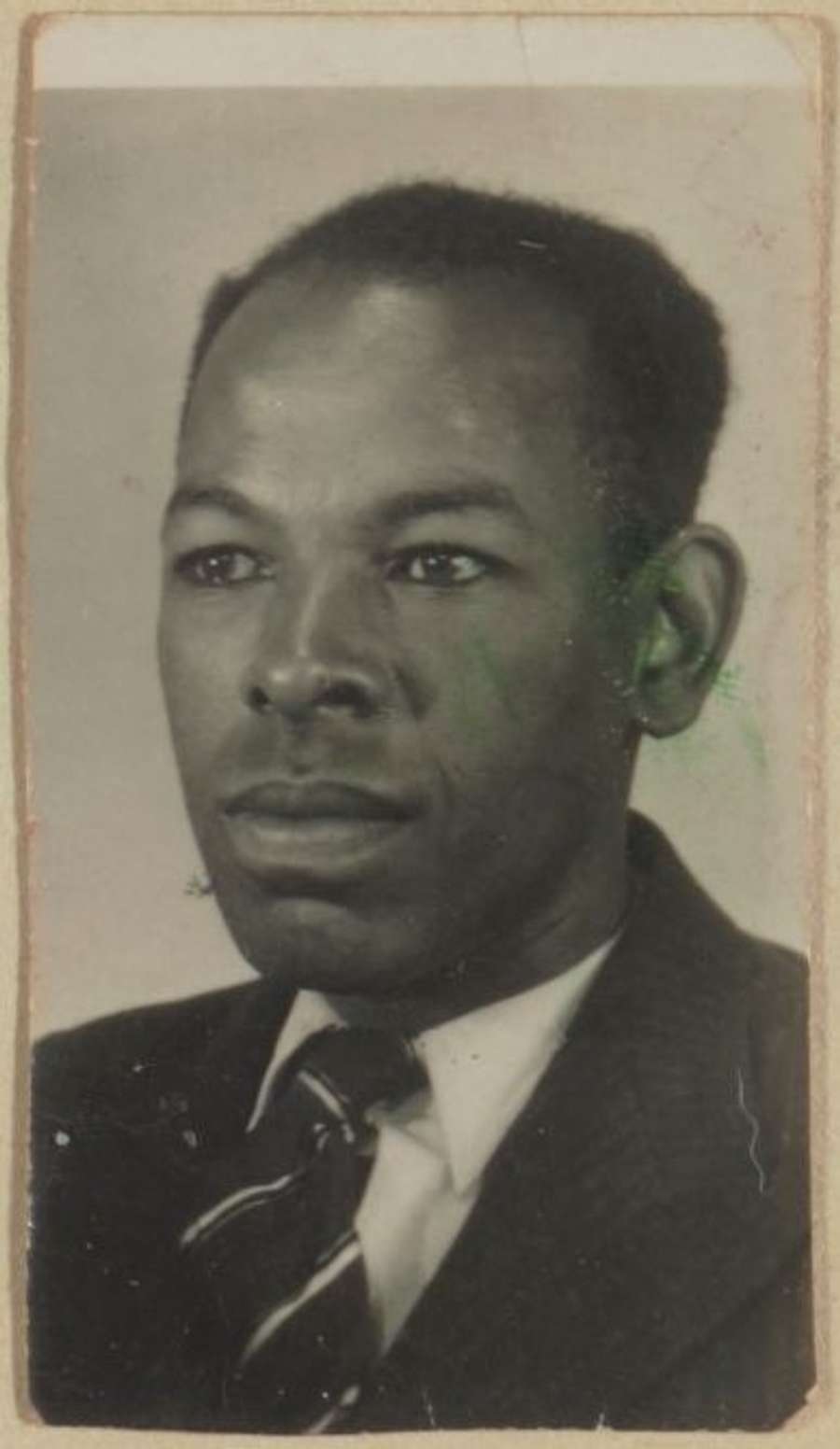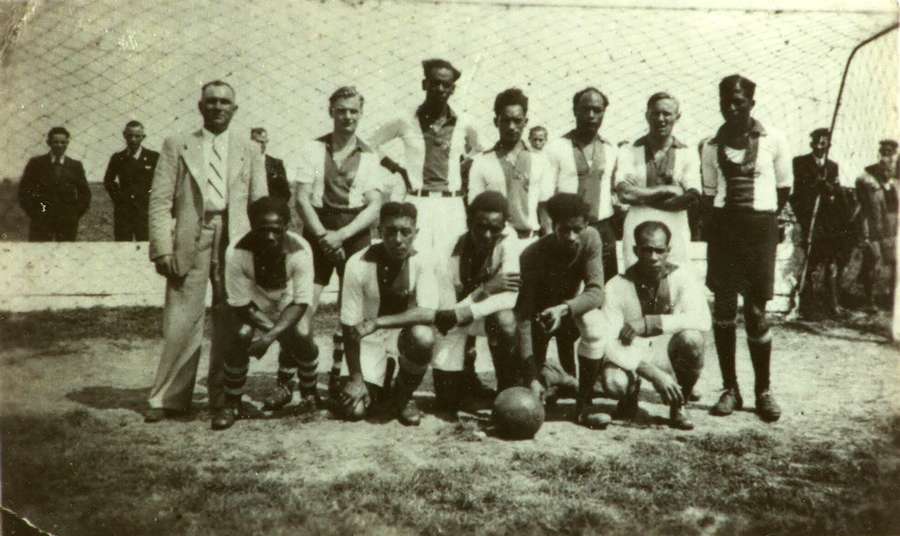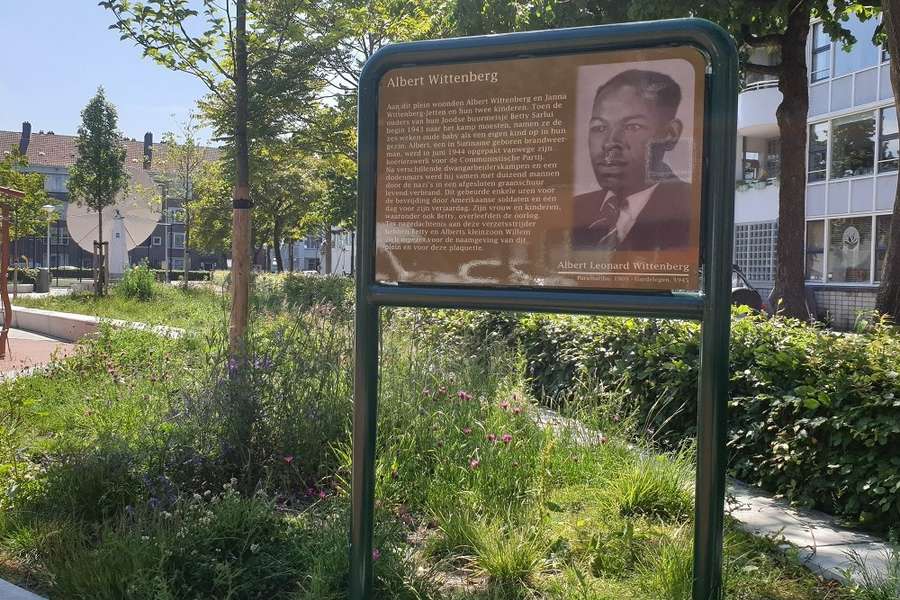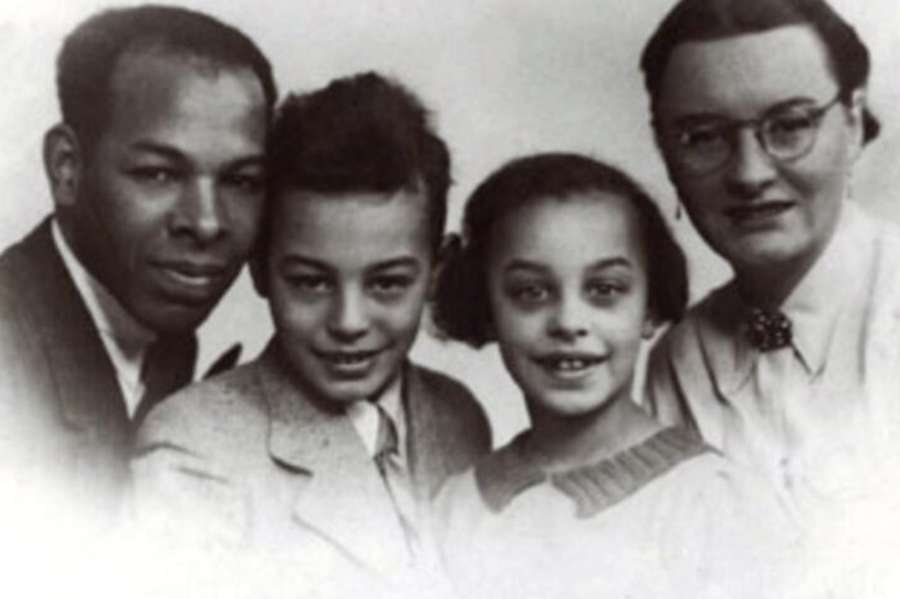Even under Nazi Germany’s ruthless rule, sport kept the Dutch people going. Football remained largely untouched by the occupiers and attracted thousands in attendance.
But the pitches, courts, and fields also harboured heroes of the Dutch resistance, who fought for the country’s freedom by giving shelter to Jewish families, sabotaging German war efforts, being the extension of the Dutch government-in-exile in London, and standing up to oppression.
During the week in which we celebrate 80 years of freedom, we tell the stories of the resistance heroes who lived double lives in and away from the theatre of their sport.
Episode 1: Gerben Wagenaar, the Dutch resistance hero who sparked his football club's fire
Episode 2: Ad van Eerd, the resistance hero who captained PSV to their first title
Episode 3: Olympia, the Amsterdam boxing school which formed the first Jewish resistance
Episode 4: Piet Roodenburgh, the field hockey prodigy who gave his life for the resistance
Episode 5: Jan Carel Wijnbergen, the Ajax talent who picked rescuing Jewish children over stardom
Albert Leonard Wittenberg
Every so often, you bump into a story which sounds like it’s taken straight from a movie. The story of the heroic trailblazer Albert Wittenberg is one of that category.
Born in 1909 in the Surinamese capital of Paramaribo, Albert Leonard Wittenberg moved to the Netherlands - the then-colonisers of Suriname - to build a steady life. Wittenberg did not take much with him besides his passion for football and desire to help others, which he turned into an interesting life in Amsterdam.

Wittenberg started as a firefighter and carpenter in Amsterdam before he met Janna Hendrika Jetten, whom he married in 1933 and had two children with.
Besides being a hard worker and family man, Wittenberg loved the beautiful game of football and joined a local football team called the Surinam Boys. Surinam Boys was a club that solely ran on Surinamese players - the first of its kind in the Netherlands.
Trailblazers
Wittenberg joined Surinam Boys and soon found success with the club, winning the second division in the Amsterdam football pyramid in 1936. Wittenberg and his team impressed around the Netherlands, judging by a newspaper article from the Hoornsche Courant following an exhibition match against local side Sport.
“Against Surinam Boys, who fell and were back in action almost simultaneously, who passed with gusto, there was not much to argue with. So it happened that at half-time, Surinam Boys had scored about four goals, without Sport being able to score a single goal in return.”

Surinam Boys, who were also known for their fair play, revolutionised more than just breaking the colour barrier in the Netherlands. The one-two penalty, made famous after Johan Cruyff and Jesper Olsen performed it in 1982, was actually a Surinam Boys original, according to newspaper Het Dagblad van Noord-Brabant.
“He sets up, and everyone expects a ping, but in very fair fashion, he gives the ball a little tap towards the goal. This gets him great applause. After this penalty, the ball ends up in front of one of the Surinam Boys' forwards, and the score is 1-1.”
Wittenberg lives a great life with the Surinam Boys and his lovely family in Amsterdam, but the Second World War breaks out, and everything changes for Albert and Janna.
Resistance
Wittenberg, an active member of the outlawed Communist Party of the Netherlands and Union of Surinamese Workers, almost immediately joins the resistance as a member of the Air Protection Service (LBD), the organisation which protected, helped and rescued people before, during, and after aerial bombardments.
Membership of the LBD was interesting for resistance fighters as it allowed them to roam the streets at night, when curfew had long been installed.
When the Nazis started persecuting Jews in the Netherlands, Albert and his wife agreed to help his Jewish neighbours in case they got deported. When the time came in 1943 and Albert’s neighbours, the Saarlui-Vleesdrager family, got a letter saying they would be sent to Germany, Albert and Janna took in their six-week-old baby, Betty Mock.
Their ‘new daughter’, who Albert and Janna inducted into their marriage record, raised some eyebrows in the neighbourhood. Albert was black, Janna was white, and Betty was white. Neighbours came up with a story on their own: Janna cheated and therefore had a white baby.
Decades later, Betty looked back upon a lovely time with his ‘hiding parents’. "Albert walked as proud as a peacock with me down the street in the pram. There, I lay, without the Star of David on my jacket - like a happy baby.”
Massacre
Albert had started doing more work for the resistance in the meantime, now also functioning as a courier. His iron will to help the resistance became his curse: Albert was arrested in June 1944 and was taken to Camp Vught in September. Upon closure of that concentration camp, Wittenberg was transferred to the concentration camps Sachsenhausen and Neuengamme.
Near the end of the war, in April 1945, American forces neared Neuengamme, and the Nazis started panicking. In an attempt to move 1,016 prisoners to underground V-2 factory Dora-Mittelbau, the train stranded in the Gardelegen region, prompting the Nazis, a group consisting of SS members, Luftwaffe soldiers, and Hitler Youth teens, to herd the detainees in a nearby barn.
All 1,016 prisoners were locked in with gasoline-doused straw up to their knees, and in one of the many Nazi war crimes, the barn was set on fire, killing all 1,016 men inside - Wittenberg included.

One day later, the American forces reached the barn and discovered the horrors which had taken place just a day earlier.
Albert Wittenberg left behind his wife, Janna, and two daughters. Little Betty, who stayed with Janna after Albert’s arrest, survived the war because of Albert and Janna. Betty’s parents were murdered in Auschwitz, she found out years later.
In 2020, Betty was the initiator of a square in Amsterdam being named after Albert. His photo and biography stand proudly on the square in the east of the city, down the street from where Albert, Janna, and Betty lived during the war.

